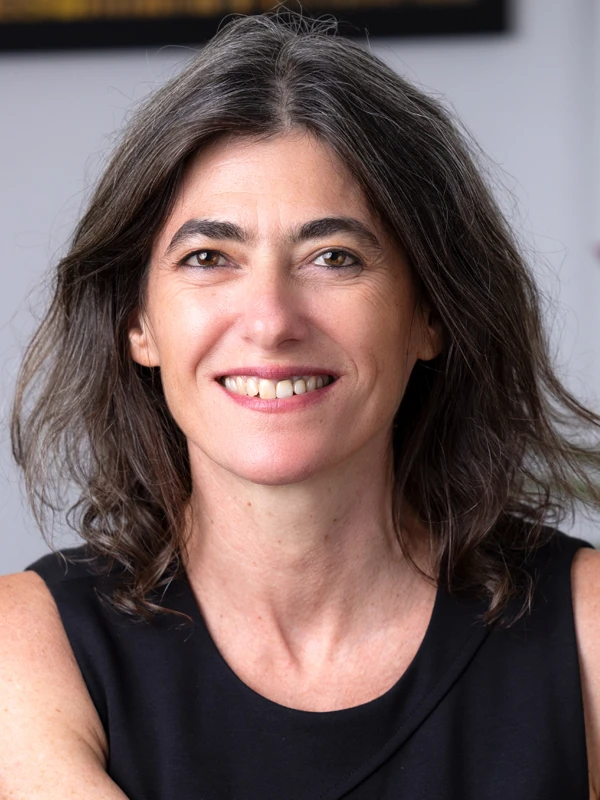Endowed chairs are among the highest honors conferred in academic medicine and represent an investment in each faculty member’s continued success. In 2021, two professors from the Department of Psychiatry received this honor: Rita Goldstein, PhD, and Rachel Yehuda, PhD.
Rita Goldstein, PhD: Mount Sinai Professor in Neuroimaging of Addiction
Dr. Goldstein’s Neuropsychoimaging of Addiction and Related Conditions Research Program at Mount Sinai studies human brain function related to behavior, cognition, emotion, and personality, with a focus on drug addiction. Recognized nationally and internationally for her neuroimaging and neuropsychological studies in drug addiction, Dr. Goldstein formulated a theoretical model known as Impaired Response Inhibition and
Salience Attribution (iRISA). Multiple neuroimaging modalities—including MRI,
EEG/ERP, PET—and neuropsychological tests are used to explore the neurobiological
underpinnings of iRISA in drug addiction and related conditions. Dr. Goldstein’s model has drawn considerable scientific attention. Widely cited reviews of this work were published in the American Journal of Psychiatry in 2002, and in Nature Reviews Neuroscience in 2011. Her research has helped facilitate the development of interventional modalities to improve cognitive and emotional function, leading to better treatment outcomes in drug addiction and other chronically relapsing disorders of self-regulation.
Mentoring is a high priority for Dr. Goldstein, and she has trained everyone from postdoctoral fellows to graduate, undergraduate, and high school students. Her trainees have published many first authorship manuscripts in top psychiatry and neuroscience journals and have become principal investigators on their own National Institutes of Health-funded grants at leading institutions.
Mentoring is a top priority for Dr. Goldstein
Rachel Yehuda, PhD: Mount Sinai Professor in Psychiatry and Neuroscience of Trauma
Dr. Yehuda’s Center for Psychedelic Psychotherapy and Trauma Research at Mount Sinai integrates sophisticated brain imaging and molecular neuroscience in post-traumatic stress disorder (PTSD) with clinical trials using psilocybin and MDMA-assisted
psychotherapy and other related medicines, and also serves as a leader in training and education in the psychedelic-assisted psychotherapy space. A recognized leader in the field of traumatic stress studies, Dr. Yehuda’s research previously focused on the study of the enduring effects of trauma exposure in multiple populations such as combat veterans, Holocaust survivors, victims of interpersonal violence, and 9/11 survivors and first responders. These studies have examined the relationship between the biological and psychological changes associated with trauma.
Dr. Yehuda’s pioneering work has resulted in an understanding of the epigenetic changes associated with trauma and PTSD, and the molecular alterations associated with intergenerational trauma. Her laboratory has investigated novel treatment approaches for PTSD and the biological factors that may contribute to differing treatment outcomes in order to develop personalized medicine strategies for treatment-matching in
PTSD, resulting in an approved U.S. patent for a PTSD blood test. Her laboratory is also using advances in stem cell technology to examine PTSD gene expression networks in induced neurons.
Dr. Yehuda is a leader in the field of traumatic stress studies
Featured

Rita Goldstein, PhD
Chief of Neuropsychoimaging of Addiction and Related Conditions Program; Mount Sinai Professor in Neuroimaging of Addiction

Rachel Yehuda, PhD
Director, Center for Psychedelic Psychotherapy and Trauma Research, Vice Chair, Veterans Affairs for Psychiatry, Mental Health Director, Bronx Veterans Affairs Medical Center, and Professor of Psychiatry, and Neuroscience
